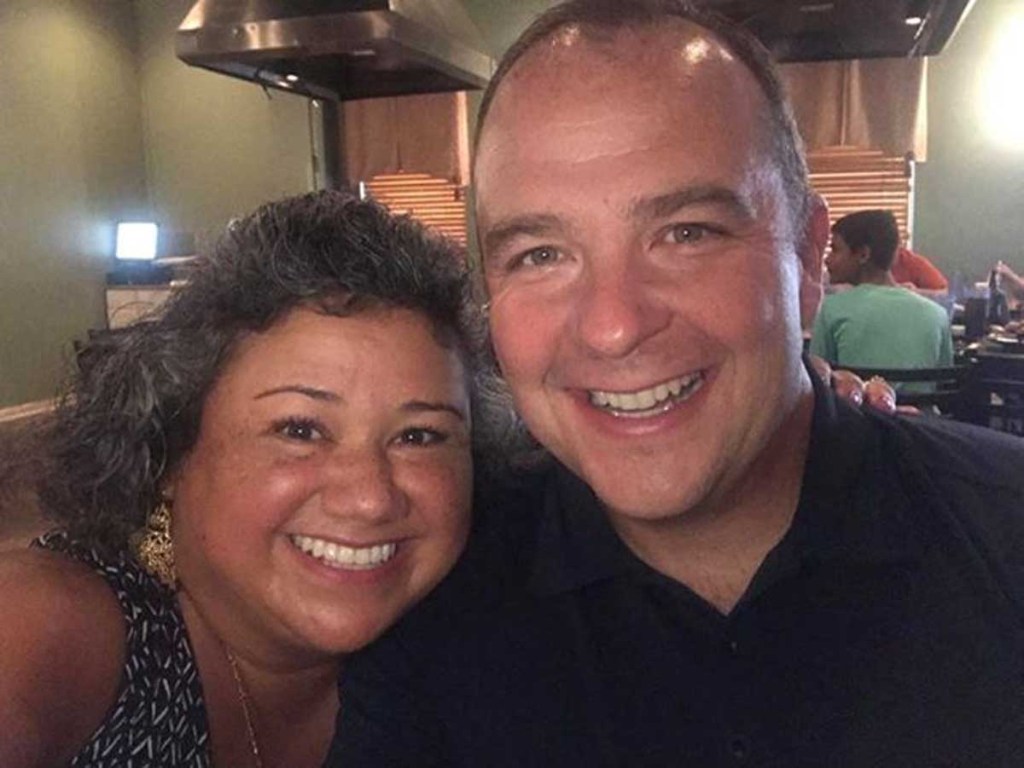How a Georgia girl is dealing with the COVID-19 panic in Italy
Published 10:15 am Monday, March 16, 2020

- Bevin Landrum and her husband are stationed in Italy, although Georgia is their home.
VICENZIA, Italy — Amongst the information and news gathering happening because of COVID-19 are the human stories of those directly affected.
For one woman, the fear is all too real as she is quarantined in Italy with plans of relocating to Milledgeville delayed.
“My husband is active duty Army stationed in Vicenza, Italy,” Georgia-native Bevin Landrum wrote in an email to The Union-Recorder. “We’ve been here since May 2018.”
While Landrum and her husband are stationed in Italy, Georgia is home. They found out about the coronavirus pandemic in mid-February and have been informed about updates and changes ever since.
“In mid-February, I started really paying attention to the situation in China,” Landrum wrote. “I wish I had listened sooner. By Feb. 19 we had cases in Italy and we started receiving info through official channels. As this situation has evolved, our local U.S. Army Garrison Italy and U.S. Army Africa leadership have done an outstanding job in keeping us updated. We receive alerts from the US Embassy and I’m active in several ex-pat and military family groups who help keep each other informed.”
Italy has enacted drastic changes in how the country is operating during this time. The changes are especially impactful for the elderly and that already sick.
Italy is one of the most recent epicenters for COVID-19, though its spread has reportedly decreased dramatically following government quarantine measures.
According to Associated Press reports Friday afternoon, worldwide, 137,000 people have been infected and more than 5,000 have died, but half of those who had the virus have already recovered.
“The biggest system in reduced capacity is health care,” she wrote. “Italy’s socialized health care is having to make hard triage systems based on limited resources.”
Landrum added that not only is the health care structure being operated differently, but the whole country is also at a halt.
“The streets are now a ghost town and many businesses are shuttered,” she wrote. “Tourism is at a dead stop. Hotels are vacant. Tours have ceased. Museums are closed. The economic impact is going to be staggering. The longer this plays out the worse it will be. Immediate and decisive action makes good health sense and good economic sense.”
About a month after Landrum and others received information regarding COVID-19, Italy went into a forced quarantine.
“Everyone in Italy is in forced quarantine now,” she wrote. “[A decree] was presented on the evening of March 11 from the leader of Italy and then put out to the American military via official command channels throughout the day today. At this point, we can only go out for groceries, pharmacy needs, medical appointments, and work. We must have a declaration letter in our vehicles and may be stopped at roadblocks to prove we have a necessity to be out and about. Many military services on post are now curtailed, but the health clinic, Post Exchange and Commissary remain open.”
While for two years, Landrum and her husband have lived outside the U.S., they were planning on moving to Milledgeville after leaving Italy. However, travel is uncertain amid the unknowns of COVID-19.
“My husband is on military orders to Milledgeville,” she added. “We’ve known since October. The military has now delayed some Permanent Change of Station moves for 60 days. We are supposed to move around the 65-day mark. At this time we are unsure of how this affects our move to Georgia and expect quarantine and possible delay of our arrival.”
Landrum and her husband are not alone. She said several other military families have been stationed in Italy for a while.
One of Landrum’s biggest worries is back home in the states.
“My 95-year-old mother living in Florida,” she said of her biggest concerns. “My friend’s aunt who is immune-compromised after cancer treatments. My former neighbor who has a cystic fibrosis daughter. I’m worried about all the people in our country and here in Italy who are most vulnerable to this virus. …The options are bad if we don’t pay attention to lessons learned in Italy and Korea.”
Landrum offered tips to help ease the coronavirus pain that so many across the globe are dealing with.
“Don’t panic. Stay calm. Be prepared for 30 days minimum of hunkering down at home and avoiding other people outside those who live in your house. Stock up on craft supplies and puzzles for bored kids. Get some new books downloaded on your Audible. Buy wine. Get ingredients to try new recipes. Clean out your garage. There are 100 things we can all do with a few extra days/weeks at home to focus on family and home life. Be responsible humans who think about others before ourselves. Don’t go out and panic buy all at once. Allow for basic restocking to happen so everyone can have soap, [toilet paper], milk, bread, etc. This is going to require a sustained response. It’s not a snow apocalypse weekend that’s all better when the snow melts. You’re looking at three to six weeks. This started in mid-February in Italy and our closures continue to early/mid-April as of now. It could go longer. Help save, Granny! Or insert the name of any other loved one who is at risk. Wash your hands.”





